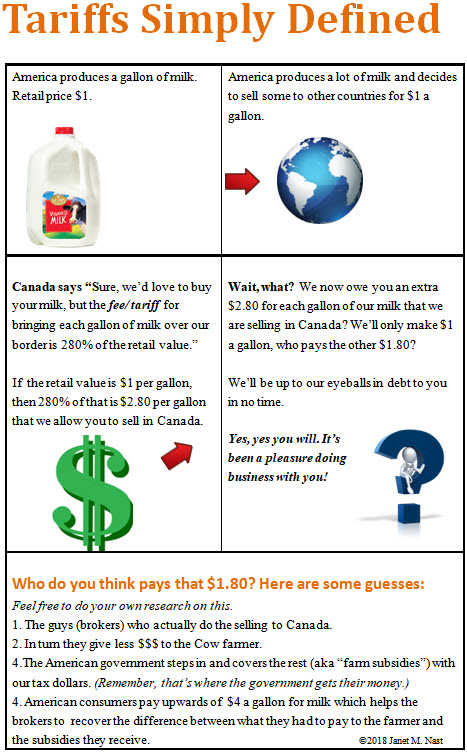As an adult, you need to realize that marriage is a legally binding, financial business arrangement. You will be co-habitating, which means signing contracts together for either an apartment or a house. You might be getting joint bank accounts and joint credit cards. All these tasks involve legal and binding contracts or leases. Neither one of you can get out of any such agreement without the other’s cooperation.
That said, it is a really good idea for you and your other half to have some serious discussions about finances and make sure that you both agree on how household finances are to be handled. This discussion should cover decisions about paying bills, how much of your combined income is “disposable,” (aka, spending money), how much should be saved and for what.
You should also discuss whether you want to have kids, if you want to buy a house, and when to retire. This is not a complete list of things you should discuss with any potential spouse, but it should get you headed in the right direction. If you and your spouse-to-be don’t agree on these main topics, you should seriously consider not marrying that person.
When you have decided to get married, there are a few other things you must do: Some are legally required, some are not:
- Prenuptial Agreement: Yes or No?
- The Marriage License: Where, How Much and When?
- To Have a Wedding, or Not: Who’s paying?
- Will You Change Your Name?
- Then Updating Your Social Security Card and Driver’s License: Yes or No?
- Filing Taxes: Joint or Separate?
- Rent or Buy, House or Apartment?
As you can see, there are a lot of things that will legally tie you together. A smart person will be aware of this before the engagement!
Divorce
I’d be remise in sharing information if I didn’t give some voice to the other, not so wonderful side of the coin: divorce. Going through a divorce is when you truly learn that a marriage is more than just chemistry and romance:
It’s a legally binding financial agreement.
Briefly, divorces can go one of two ways:
In a friendly divorce, or one where there’s really nothing (no real property, children or pets) to split between the two of you, you could just use a paralegal to assist with completing all the legal paperwork and filing it with the family courts.
Or -
In a nasty divorce where there’s a lot of fighting going on, I strongly suggest you consult a divorce lawyer in order to protect yourself and your finances.
In either situation, here are just a few things to consider:
- A friendly or “amicable” divorce (in California) will take a minimum of six months from the minute you file the initial paperwork in family court.
- In order to protect yourself financially, file for a legal separation immediately. This will cut your responsibility for any debt your spouse incurs during the divorce proceedings.
- Make copies of all bank account statements and credit card statements. This will help both of you determine what debts (money owed) and assets (money and property owned) you share.
- Close any joint credit cards as soon as possible. This will protect both of you from one spouse running up more debt just to upset the other.
Bottom line, a marriage is not something one should walk into without being aware of all the legal aspects of it. Put all the romance and chemistry aside for a day and really give these issues some serious thought. Here’s hoping you make the best decision for everyone involved!


